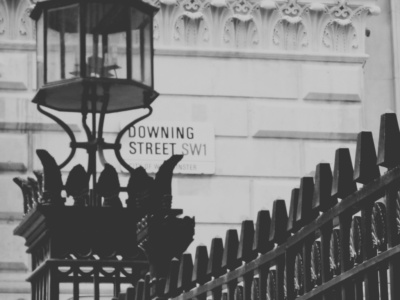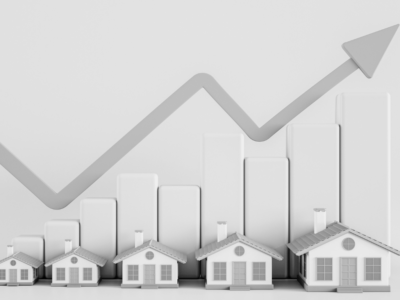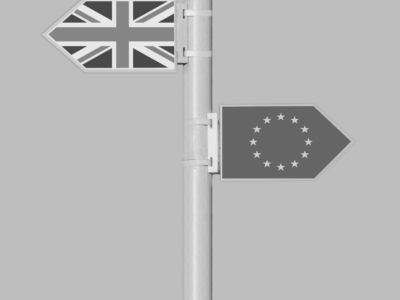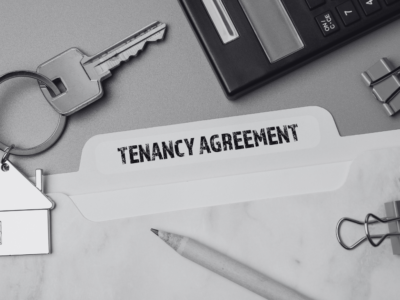Housing sentiment could be improving, with fewer people expecting house prices to fall, according to a survey by the Royal Institution of Chartered Surveyors (RICS).
Twenty-four per cent of respondents expected house prices to decline in March 2019. This marks an improvement on the February survey, in which 27 per cent had expected price falls.
The lettings market showed signs of strong demand, with a monthly rise for the third month in a row. Contributors are expecting to see rental growth to rise by as much as 2 per cent by March 2020 as a result, the new data suggested.
Respondents remained optimistic, suggesting that activity would improve in the next 12 months, but demand still showed signs of weakness, according to RICS.
This comes after a panellist at the Landlord Investment Show 2019 claimed RICS data was suggesting that the UK housing market had entered 2019, showing signs of a slowdown.
Scotland and NI see gains
Scotland and Northern Ireland saw the greatest expectation of gains in property prices, with the RICS survey expecting that the two regions would be the frontrunners in the coming months, along with Wales.
In contrast, London and the South West saw continued weakness. Respondents believed London and the South West would continue to underperform other regions, with political uncertainty cited as a possible cause. Prices have been falling in these regions, and are expected to continue doing so, albeit at a slower pace.
The weakness in the South was echoed by overall negative sentiment in the UK as a whole. Just 15 per cent of respondents expected prices to be higher by March 2020.
New buyer enquiries across the UK showed a negative reading of -27 per cent. Despite the subdued indicators, the new survey also suggested that stock levels in London and the South East were actually higher than they were in March 2018.
Brexit uncertainty at play
Addressing the subdued indicators, Simon Rubinsohn, chief economist at RICS believed political developments were responsible.
Rubinsohn claimed: “Brexit remains a major drag on activity within the market with anecdotal evidence pointing to potential buyers being reluctant to commit in the face of the heightened sense of uncertainty…we expect transactions to decline on this basis.”
Rubinsohn noted that developers had also showed more cautious behaviour, in the form of new residential starts flatlining. This comes at a time when the government has pledged to increase the supply of housing in England. It set a target to ensure as many as 300,000 new homes are built each year by the mid-2020s.
“There is little possibility of delivering the uplift in supply necessary to address the ongoing housing crisis”, Rubinsohn concluded.






















Comments